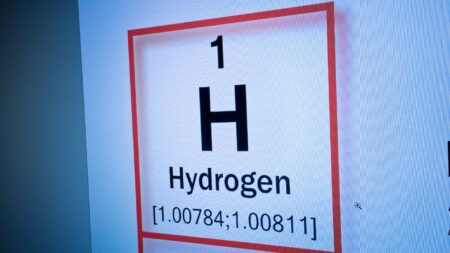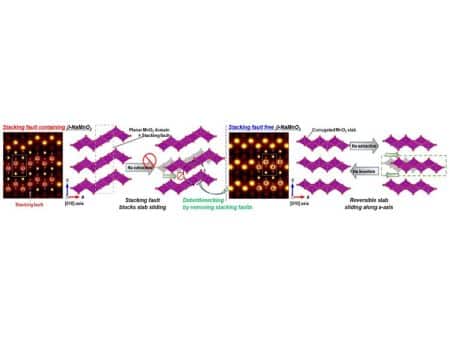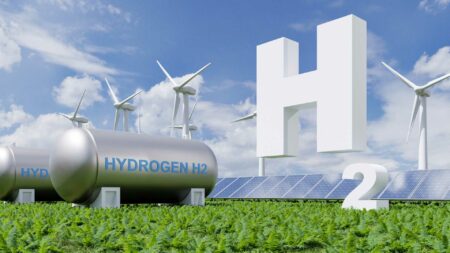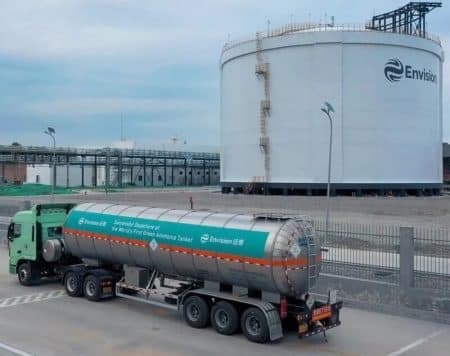Researchers at RMIT University have created a less expensive and more energy-efficient method of producing hydrogen straight from seawater.
The novel process directly separates saltwater into hydrogen and oxygen, marking an important step towards the development of a truly sustainable green hydrogen business. The new method does away with the demand for desalination and all of its costs, energy requirements, and carbon emissions.
In particular for sectors that are more difficult to decarbonize, like manufacturing, aviation, and shipping, hydrogen has long been hailed as a clean future fuel and a potential answer to pressing energy concerns.
Virtually all of the hydrogen used in the world today is produced using fossil fuels, which emits around 830 million metric tonnes of carbon dioxide annually, or about the same amount that both the United Kingdom and Indonesia put out in a year. However, the cost of producing emissions-free “green” hydrogen, which is produced by splitting water, is so high that it is mostly financially unviable and only makes about 1% of all hydrogen produced worldwide.
Green hydrogen production technologies, according to the study’s principal investigator Dr. Nasir Mahmood, a Vice-Senior Chancellor’s Research Fellow at RMIT, were both expensive and dependent on fresh or desalinated water.
An electrolyzer is used to divide water into its component constituents of hydrogen and oxygen in order to produce green hydrogen.
It can take up to nine litres of water and expensive catalysts to produce one kilogramme of hydrogen with the electrolysers that are available today. They also produce chlorine, not carbon dioxide, which is poisonous.
A team from the interdisciplinary Materials for Clean Energy and Environment (MC2E) research group at RMIT has created a novel method that makes use of a special kind of catalyst designed to especially function with seawater. The research, conducted with PhD candidate Suraj Loomba, concentrated on creating stable, highly effective catalysts that could be produced at a reasonable cost.
According to Mahmood, the technique has the potential to dramatically lower the cost of electrolysers, enough to fulfil the Australian Government’s target for producing green hydrogen of $2 AU/kilogram and make it competitive with hydrogen derived from fossil fuels.
Aspects of this technology are being developed by researchers at RMIT in collaboration with business partners. The creation of a prototype electrolyzer that combines a number of catalysts to generate enormous amounts of hydrogen is the next step in the research. For the new technique, a provisional patent application has been submitted.








